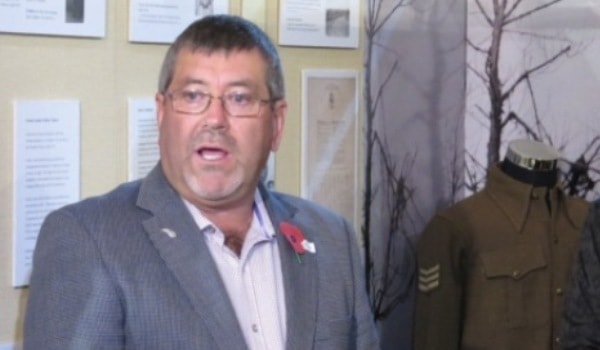Waikato District Council news
Local Government Commission endorses Waikato District Council’s representation proposal

The Local Government Commission has largely endorsed Waikato District Council’s final proposal for representation arrangements for the next local body elections, including the shape of the district’s voting Wards and the number of Councillors elected.
Waikato District Mayor Allan Sanson says,
“I welcome the Commission’s decision. We’re required to review these arrangements at least once every six years to ensure that individuals and communities in our district are fairly represented on and by the Council.
“Our challenge now as a Council is to do all we can to encourage voter participation in our local authority elections, as a low level of voter turnout in the Waikato District isn’t good for local democracy.”
The Commission announced its decision last week saying that the proposed arrangements, with some further minor boundary alterations, provided a good balance between both the fair and effective representation requirements set out in legislation. (See the Commission’s announcement here.)
The decision means that for the 2019 local authority elections, Waikato District council will continue to comprise 13 councillors elected from 10 wards (plus the Mayor elected at large).
The Commission has also endorsed the Council’s proposal for the retention of the five existing community boards including an extension of the area of Onewhero-Tuakau Community Board.
In 2017 the Council made two other important decisions as a part of the representation review process – the decision to retain ‘first-past-the-post’ as the electoral system; and the decision not to introduce Maaori wards in the district, but to explore ways by which Maaori interests can be better-represented through Council processes.
